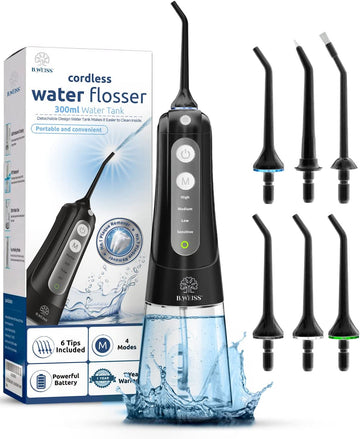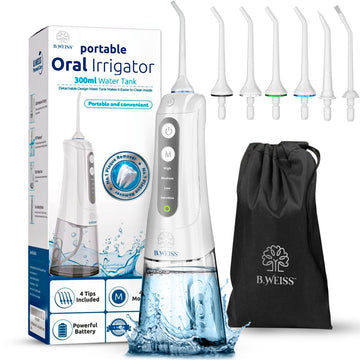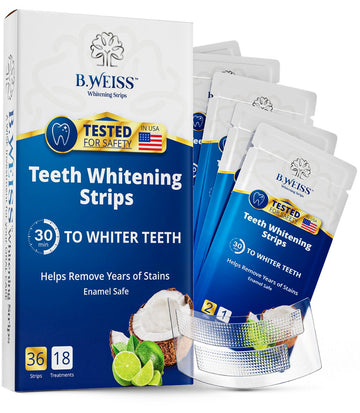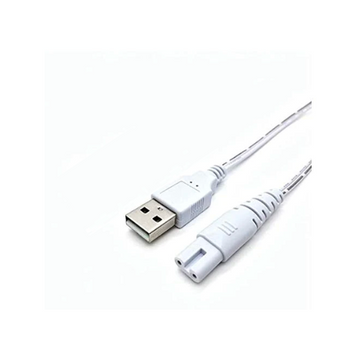How Should Retainers Be Kept When One Is Not Wearing Them?
Introduction
When not wearing your retainer, keep it in a clean, dry case. Use a purple persulfate-free retainer cleaner to clean it before storage. This ensures your retainer stays hygienic and free from harsh chemicals, ready for the next use.
1. The Significance of Proper Retainer Storage
-
Maintaining Cleanliness:
- Proper storage ensures that your retainers remain clean and free from debris or bacteria when not actively worn.
-
Preventing Damage:
- Storing retainers correctly helps prevent damage, keeping them in optimal condition for their role in maintaining tooth alignment.
2. Clean Before Storing
-
Rinse Thoroughly:
- Before placing your retainers in storage, rinse them thoroughly under lukewarm water to remove any saliva or leftover cleaning solution.
-
Air Dry:
- Allow the retainers to air dry completely to prevent the growth of bacteria in a damp environment.
3. Utilize a Retainer Case
-
Invest in a Case:
- A dedicated retainer case provides a protective and hygienic environment. Invest in a sturdy case to shield your retainers from external elements.
-
Avoid Exposure:
- Placing retainers in a case protects them from exposure to dust, air, and potential physical damage.
4. Keep Away from Pets and Children
-
Avoid Misplacement:
- Store your retainers in a location inaccessible to pets and children to prevent any accidental damage or misplacement.
-
Educate Family Members:
- Ensure that family members are aware of the importance of retaining the retainer's integrity and the potential consequences of mishandling.
5. Choose Cool and Dry Storage
-
Temperature Matters:
- Store your retainers in a cool, dry place. Avoid leaving them in direct sunlight or in excessively warm areas, as high temperatures can warp the retainer material.
-
Away from Heat Sources:
- Keep retainers away from heat sources, such as heaters or kitchen appliances, to maintain their shape and effectiveness.
6. Regular Cleaning Routine
-
Establish a Routine:
- Incorporate a regular cleaning routine for your retainers. This includes brushing them gently with a soft toothbrush and mild soap to prevent bacterial buildup during storage.
-
Weekly Soaks:
- Consider soaking your retainers in a non-alcoholic, non-colored mouthwash or a specialized retainer cleaning solution once a week to ensure thorough sanitization.
7. Avoid Wrapping in Tissues or Napkins
-
Material Sensitivity:
- Retainer materials can be sensitive to certain substances. Avoid wrapping retainers in tissues or napkins, as these materials may contain dyes or residues that could affect the retainer.
-
Risk of Contamination:
- Tissues or napkins may also introduce contaminants and compromise the cleanliness of the retainers.
8. Consult Your Orthodontist for Specific Guidance
-
Individualized Advice:
- Your orthodontist may provide specific recommendations based on the type of retainer and your unique dental situation. Consult with them for personalized storage guidance.
-
Emergency Protocols:
- In case of emergencies or unexpected damage, have an emergency plan in place, and consult your orthodontist promptly for guidance.
Conclusion: Guarding Your Orthodontic Investment
In conclusion, proper storage of retainers when not in use is integral to preserving their cleanliness, structural integrity, and overall effectiveness. By adopting these practices, you contribute to the long-term success of your orthodontic treatment, ensuring that your smile remains beautifully aligned. Prioritize consistent care and storage routines to guard your orthodontic investment and maintain the perfection achieved through your treatment.
Are you currently using or thinking about using retainer cleaning tablets? It's important to be aware that certain cleaner brands have the potential to cause toxic reactions.
It's crucial to be aware of harmful ingredients hiding in common cleaner brands. One such persulfate, which can pose SERIOUS health risks and is found in almost all leading retainer cleaners brands. Moreover, persulfate's health risks potentially impact respiratory health and skin sensitivities in your family, especially in teens and sensitive individuals. Learn more about the risk of persulfate HERE.
Disclaimer:
The content in this article is for informational purposes only and is not a substitute for professional medical advice. Always consult with a healthcare provider before making any changes to your health regimen. The author and publisher do not take responsibility for any consequences resulting from the information provided in this article.





